Education is a very wide field of study and teaching is concerned with three process teaching, training and instructions. The psychology has made the teaching and instruction child centered and makes the teaching learning process effective. Even psychological principles are used to make the teaching learning process effective. The educational process should be effective and economical from time, energy and money point if view. This aspect of education is termed as educational technology.
The use of technology has focus on basic problems of time and space. It has evolved the use of media and multimedia approach to education. As a result an alternative system of education emerged known as distance education. The communication competency has been emphasized in teaching and training situations. In this book basic components of educational technology have been discussed. The entire content is organized into fifteen chapters. The first chapter deals with educational technology, nature and scope. The second chapter describes communication its components and strategies, third and forth dealing with levels of teaching and task analysis and fifth with teaching models. The next three chapters are on strategies of teaching, microteaching and Flander’s interaction analysis, the following three chapters dealing with simulation, programmed instruction and educational technology and formal education. Last four chapters dealing with distance education, computer education, media evaluation and research and teleconferencing.

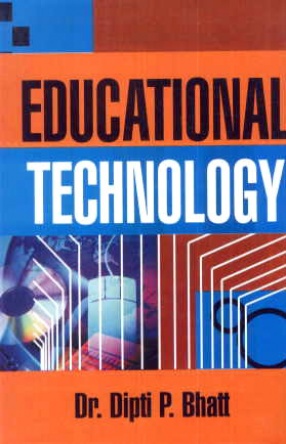
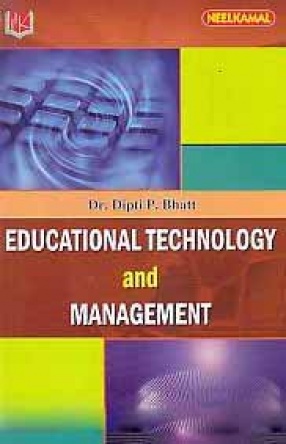
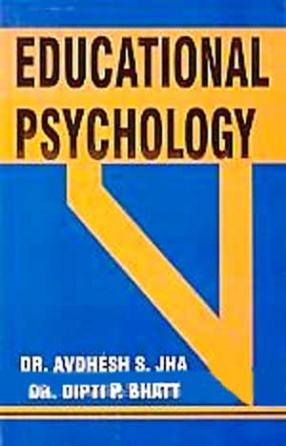

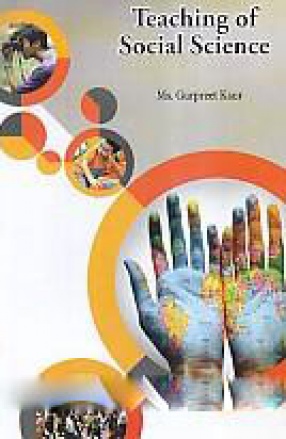
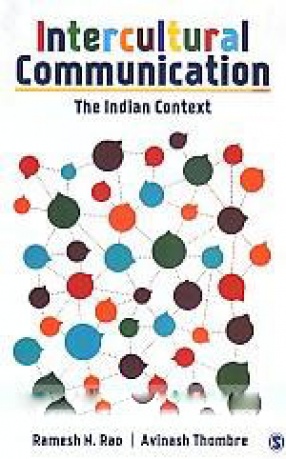
There are no reviews yet.